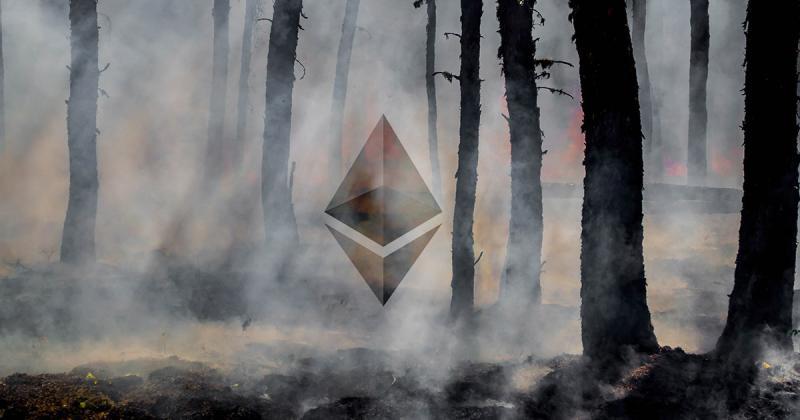ETHDenver Judges: 10 Tips for Hackathon Participants
Written by: ZainanZhou
Author Bio: ZainanZhou is one of the six current EIP Editors and the first Chinese EIP Editor in the Ethereum community. EIP Editors are responsible for reviewing all submitted EIP protocols to the ETH community, which is crucial for the development of the Ethereum community ecosystem. Victor Zhou is also the author of protocols such as ERC1202 and ERC5750, making significant contributions to Ethereum's DAO voting governance-related protocols.
As one of the judges this year, I feel that some Builders are also very excellent, but unfortunately, they missed the mark due to competition skills. Since there are few Chinese judges in such international competitions and discussions about competition experience in the Chinese community are rare, I would like to share some insights from a judge's perspective, hoping to help future participants and promote more discussions in the Chinese-speaking community:
The presentation time for the hackathon is only 90 seconds, which is very short, so it must be concise. It’s best for a project to highlight one or two product and technical highlights to explain, while other aspects can be omitted. Some excellent projects have many features but presented them in a lengthy manner, making it difficult for judges to capture the most important points, which is a pity;
If there is a demo, it must be shown, even if it’s just a quick 10-second overview, as it can reflect the project's completeness. Both I and other judges place great importance on this aspect of evaluation. Some projects clearly had completed work but chose not to demo due to time constraints; we judges had to actively ask for a demo, almost missing the opportunity.
Demos also differ between deployed demos, local demos, and design demos, with varying levels of completeness and scoring differences. Therefore, if you can get it to a certain point, deploying it to @vercel or @Netlify for judges to access would be very useful. It’s a pity to have the ability to deploy but not do so.
The choice of topic should focus on novelty; lack of novelty means wasted effort. Most judges have seen many products, projects, and previous hackathons. Similar projects can easily receive low scores. It is advisable to conduct research in advance to avoid similarities.
Visual effects are important but not overly critical; if it looks too bad, it will indeed affect the impression, reducing the chance to impress the judges. A visual that is good enough to look like an ordinary product is basically sufficient; anything beyond that does not earn extra points.
Be prepared to answer some very sharp questions from the judges, such as: "Which part of this system is centralized?" One team was caught off guard by this question, and the judges deducted impression points. Another team answered well; although there were centralized parts, they received points for their thorough understanding of the technology.
Answer well the question "Which parts of this project were done during the competition?" This is very important for EthereumDenver; starting early or using old projects will lead to disqualification. One team was asked when they made their T-shirts with their team logo on them.
Familiarize yourself with and cleverly use existing templates. Some web frontend templates can greatly improve the efficiency of prototyping and the convenience of deployment, with visual effects that outperform projects built from scratch.
As a blockchain hackathon, when choosing a topic, you need to answer "Why does this problem need to be solved with blockchain?" Many projects are well-crafted, but the starting point uses blockchain for problems that could be solved with a database. This has happened several times; I looked up and could keenly sense the other judges' interest suddenly decline.
A final small consolation: the randomness of hackathon judges is quite significant; sometimes, missing out on awards is just bad luck.
The greatest gain from the hackathon is learning knowledge and meeting a group of good friends.









